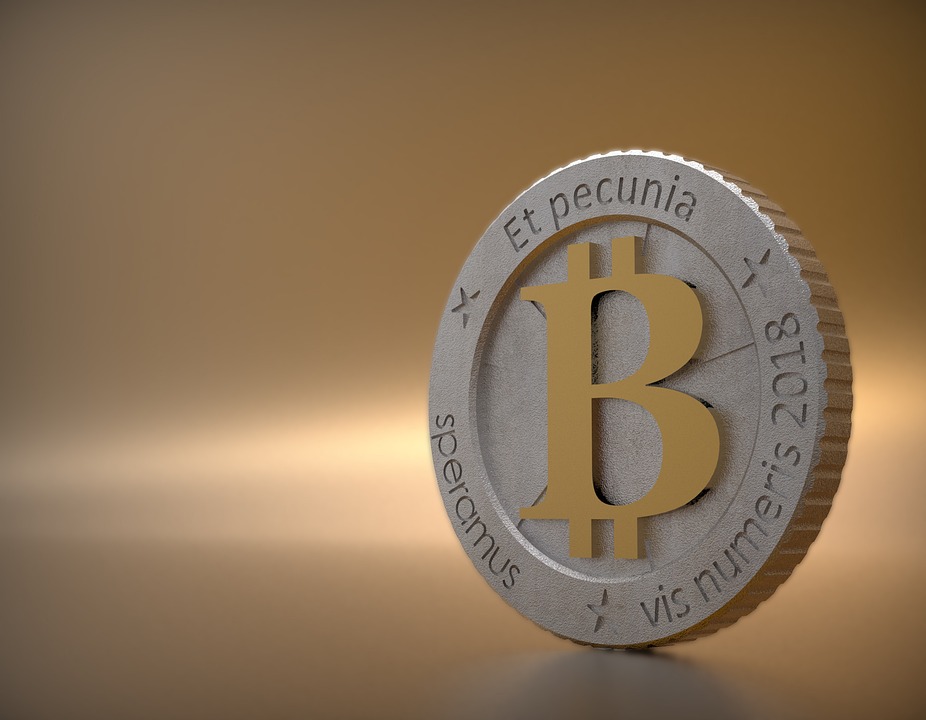How Solana is Revolutionizing the DeFi Space
The decentralized finance (DeFi) landscape has witnessed remarkable growth and innovation over the past few years. Among the many blockchain platforms that have emerged, Solana stands out as a game-changer, offering unique features that address the limitations of earlier networks. With its high throughput, low transaction costs, and robust ecosystem, Solana is redefining what is possible in the DeFi space.
High Throughput and Scalability
One of the most significant challenges facing DeFi platforms has been scalability. As user demand increases, many Ethereum-based projects have struggled with network congestion, resulting in slow transaction times and exorbitant fees. Solana, on the other hand, boasts an impressive throughput of up to 65,000 transactions per second (TPS), thanks to its innovative consensus mechanism known as Proof of History (PoH). This allows Solana to process transactions quickly and efficiently, making it an attractive option for developers and users alike.
Low Transaction Costs
In addition to its impressive speed, Solana also offers remarkably low transaction fees, often costing just a fraction of a cent. This affordability is crucial for DeFi applications, where users frequently interact with smart contracts, swap tokens, and participate in liquidity pools. By minimizing costs, Solana enables users to engage in microtransactions that would otherwise be economically unfeasible on other networks like Ethereum.
Robust Ecosystem
Solana’s ecosystem is rapidly expanding, with a growing number of projects and protocols being built on its platform. From decentralized exchanges (DEXs) like Serum to lending platforms like Solend, the variety of services available on Solana is impressive. The ecosystem also includes NFT marketplaces, gaming platforms, and more, attracting developers and users from various sectors. This diversity fosters innovation and collaboration, further solidifying Solana’s position in the DeFi space.
Interoperability and Cross-Chain Solutions
As the DeFi landscape continues to evolve, the need for interoperability between different blockchains has become increasingly important. Solana is actively addressing this challenge by developing solutions that enable seamless interaction with other networks. Projects like Wormhole facilitate cross-chain transfers, allowing users to move assets between Solana and other blockchains, such as Ethereum and Binance Smart Chain. This interoperability enhances liquidity and expands the reach of DeFi protocols.
Developer-Friendly Environment
Solana’s commitment to fostering a developer-friendly environment is another factor contributing to its growth in the DeFi space. The platform supports popular programming languages like Rust and C, making it accessible to a wide range of developers. Additionally, Solana provides comprehensive documentation and tools to help developers build and deploy their projects efficiently. This focus on ease of development encourages innovation and attracts new talent to the ecosystem.
Growing Adoption and Community Support
As more users and developers recognize the advantages of Solana, the platform’s adoption continues to grow. The active community surrounding Solana plays a vital role in its success, providing support, feedback, and collaboration opportunities. Initiatives like hackathons and developer grants further incentivize participation, ensuring that Solana remains at the forefront of DeFi innovation.
The Future of DeFi on Solana
The future of DeFi on Solana looks promising, with ongoing developments and enhancements on the horizon. As the platform matures, we can expect to see even more sophisticated financial products and services emerge. The combination of high speed, low costs, and a vibrant ecosystem positions Solana as a formidable player in the DeFi space, potentially reshaping the way we think about decentralized finance.
In conclusion, Solana is revolutionizing the DeFi space by addressing key challenges faced by previous blockchain networks. Its high throughput, low transaction costs, robust ecosystem, and commitment to developer support make it an appealing choice for DeFi projects. As the platform continues to evolve, it will undoubtedly play a significant role in shaping the future of decentralized finance.



